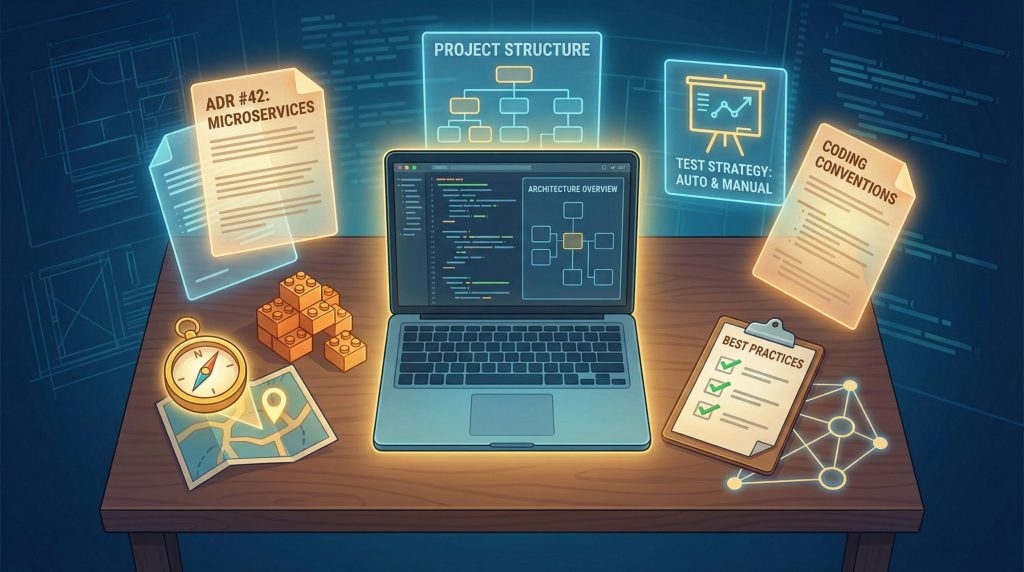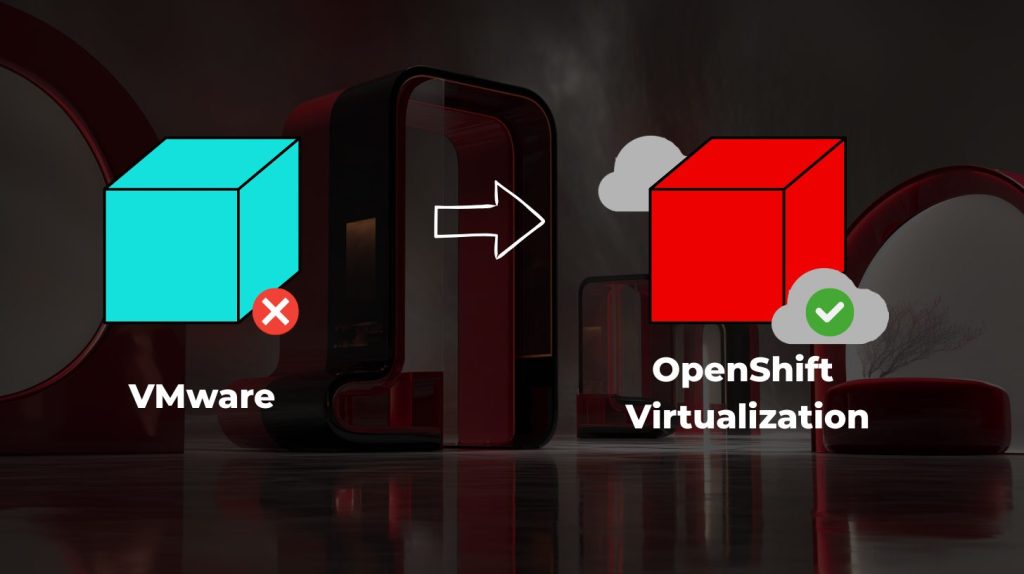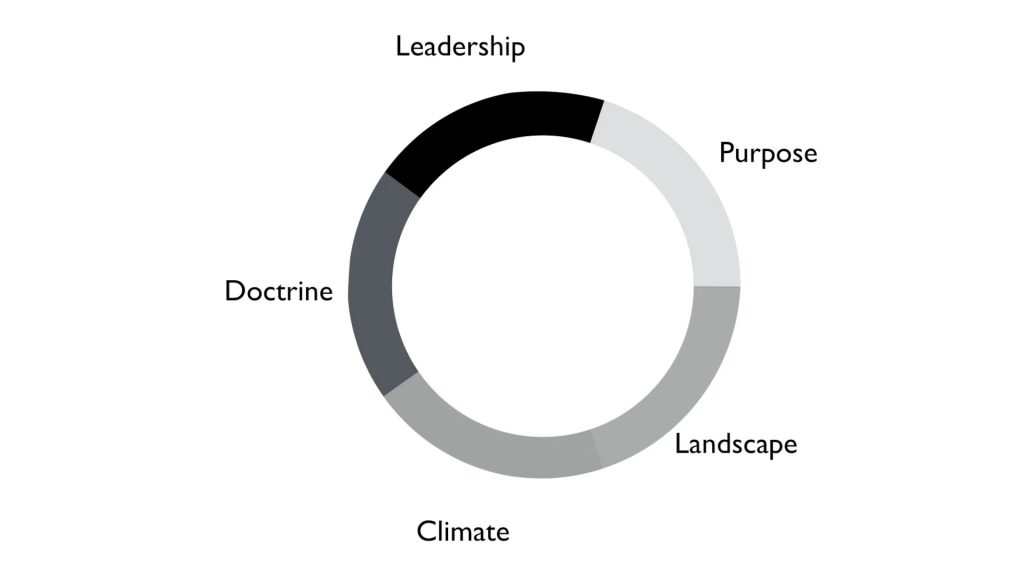We’ve recently been to an IBM Leadership Alliance conference in Boston, where we’ve strengthened synergy with IBM and wanted to check if the roadmap of our LikeMyIdea (LMI) solution is according to the IBM strategy in the social collaboration domain. The affirmative answer immediately put a smile on our faces, as well as a dose of worry and challenging opportunism, because of how much will the #NewWayToWork change our reality and affect the labor market.
Where are we now, where are we going and why are we going there?
The subject is collaboration and social awareness in everyday work in our workplaces.
Maybe we can comfort ourselves locally, by saying that we are on a verge of a new era, but the fact is that, globally, we have already entered it. The era, dictated today by small martians, who we call the Y-generation or the millennial (people who became adults in the beginning of the 21st century), who are preparing „some“ startups, and tomorrow young people that sit across from us on job interviews, and our future bosses. In front of us there is a transparent world of sharing EVERYTHING. The view on every day business has changed. Life nowadays is all about sharing ideas and information, and we all want an instant reply, a like or a comment, because tomorrow that same communication thread is not as „hot“ anymore, so the question is, is it even necessary? As speed, lack and the type of answer affected our emotional safety and motivation, people became a sensitive species. We don’t do micro management for each other anymore, teams solve problems on their own initiative with „all of their hearts“ put into it, led by the desire to finish the job as soon, and with as much quality, as possible! These are the key values of this new movement, which unfortunately, most people don’t understand and won’t unconditionally yield to the assimilation. Working overtime isn’t payed anymore, job has become a synonym for life, which, in order to reorganize it, needs a new way of work – a socially collaborative one, that won’t leave piles of unfinished work at the end of the day. Social networks such as Facebook, Instagram and Twitter are present in our lives 24/7 and they have undoubtedly changed the perspective on information and communication in general, that we are now used to, and there is no going back. So, we are obviously going to have to copy the new way of communication into our business environment. You don’t like that? Blame it on Mark.
What is it that moves the „new“ us? A world without predefined carriers and stationary positions, a world in which there is a higher common purpose, a wolf pack cult, where caviar (who even eats that when you have baked adult sea bass?!), expensive clothes and fast cars aren’t a luxury, but free time, quality time spent with your family, running a marathon or doing cross fit with your friends, having a glass of wine with an old friend…
Give me some numbers!
For words like this, we also need some numbers. Why would we change anything, isn’t it good enough as it is? Researches show us otherwise. A research done in 2015 by LinkedIn showed that most people don’t change jobs because they dislike their boss or the job itself isn’t challenging enough, but because of the lack of chance for progress. A genetic code which has been implemented into the millennial constantly pushes them forward, they are not afraid of taking risks or leaving tomorrow and „ungratefully abandoning the organization after everything it has done for them“. That premise is in fact very questionable. Who actually benefits in the employer – employee relationship? It takes two to tango! The dissatisfaction with the senior management’s leadership is in 2nd place, and the dissatisfaction with the culture of the workplace is in 3rd place. If we compare it to the things millennial want in their workplace: entrepreneurial spirit, a frequent feedback from their superiors, a coherent social atmosphere, a modern technical environment and flexible working hours (according to PwC’s research, 66% of the millennial expect it by default), it seems we have firm foundation for the start of changing things thoroughly in our business environment. By multitasking, in the present concept of collaboration, where the e-mail is the main „weapon“, an employee is being interrupted with a new assignment every 3 minutes, and it takes him 23 minutes to get back to the „work temperature“ of the same assignment he had been working on at the moment he was interrupted! The potential saving in time is obvious, and after all, time is money. We are all witnesses of the occurrence, to which we also benefit but regret it: endless sea of inboxes filled with unopened e-mails, which unstoppable keep popping up and interfere with our private time, different versions of the right version of a document we do together but edit on our own at the moment that’s right for every one of us, different arbitrarily chosen tools that are not standardized among us, that should provide us with more free time, but actually we know how to use them only by ourselves… That kind of change is already entering our business society, whether we like it or not. But there is a simple cure: we just have to learn how to work based on the model of how we live.
What is ESN and how does it help with reducing the cadre fluctuation?
ESN or the Enterprise Social Network, a socially collaborative network in the context of business, is nothing else than socially connecting people who work together every day and share the same business interest and/or activities on a common IT platform, not so different from Facebook and other similar social networks. In our LikeMyIdea solution, that kind of groups are called Communities, and can exist horizontally and vertically at the same time, and can be limited by access and lifetime. What is important to emphasize is that the concept and the process of adoption, using and constantly managing and moderating that kind of system is important, whereas the tools themselves are nothing more than a utensil in the transformation process. ESN should assure to the organization:
- The assimilation of all employees in intercommunication – it is not about titles, but about added value!
- Formation of interest groups, regardless to business hierarchy
- A standardized and centralized platform for common direct and instant communication and collaboration
- A business & content flow driven process mechanism – a perspective of work in the „share with“, not the „send to“ mode
- A transparent exchange of information and knowledge
- A safe to fail playground for innovation
- Real time participating in tasks/activities/projects
- A place for affiliation, free expression and statistically visible (KPI), i.e established progress
Compared to the wish list of the Y-generation, we have a win-win situation and we are creating the most desirable workplace for young, creative, enterprising and productive employees. But, every organization should ask itself if those wishes are identical to its current employees’ wishes and if that kind of environment is even necessary. It is on every organization to explore and answer those questions itself, because it is undoubted that now there is a new way of collaborating in enterprise systems and neglecting that can only bring consequences. When transforming to a new way of work, the key is planning, supervising the adoption process and using tools when choosing, as well as after the installation, because the implementation of that kind of tool depends on the culture, which is actually the heart of every organization and the main actuator of competitiveness and efficiency. For those who don’t know, Peter Drucker summed it up nicely: „Culture eats strategy for breakfast.“ We’re all certain of that. Among other things, it is probably one of the reasons why foreign renowned consultancies have a hard time dealing with unknown and specific cultural environments.
How ready are we?
Instead of the expected, familiar Croatian crying, endless questioning of why something happened to us and how ready for a change are we, we should follow the Y-generation’s example and accept things, change our mindset and start with the new way of young, restless innovators’ working, who would do anything in their power to solve the problem efficiently, rather than send long e-mails to each other and head off to a meeting, similar to the movie Groundhog Day, starring Bill Murray.
If we want to keep pace with time, everything else is a waste of time. You don’t like it? Blame it on Mark.
Falls Sie Fragen haben, sind wir nur einen Klick entfernt.



